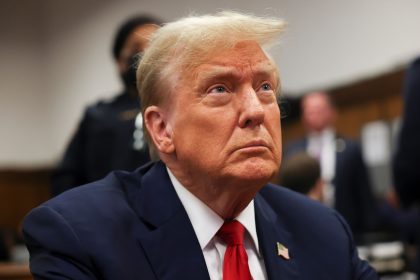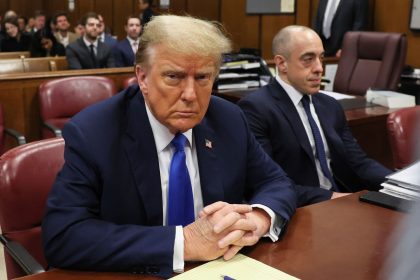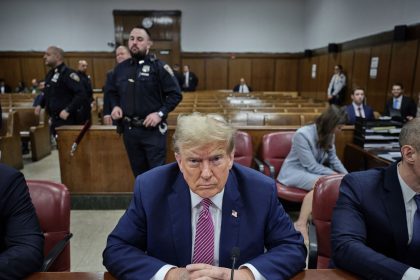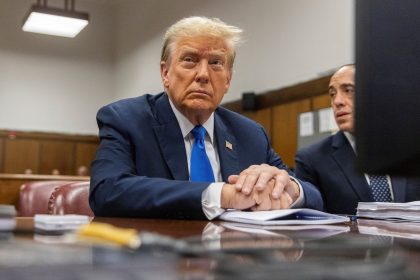Trials for Same Crime in Both State and Federal Court Allowed
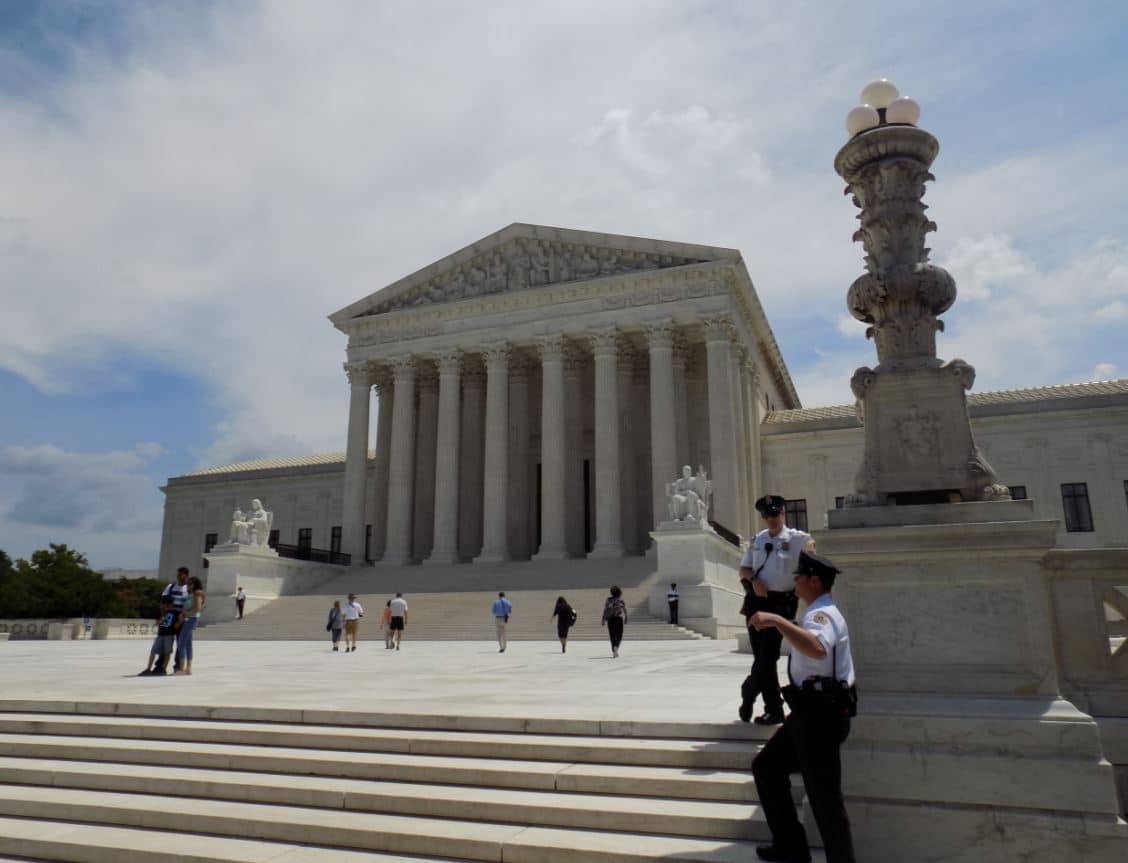
WASHINGTON -The U.S. Supreme Court on Monday upheld a longstanding rule allowing both state and federal prosecutors to pursue charges against the same individual for the same crime.
The 7-2 decision handed down by the justices preserves an exception to the U.S. Constitution’s ban on trying someone twice for the same offense.
Writing for the majority, Justice Samuel Alito, Jr. said the court has long held “that a crime under one sovereign’s laws is not ‘the same offence’ as a crime under the laws of another sovereign.
“Under this ‘dual-sovereignty’ doctrine, a State may prosecute a defendant under state law even if the Federal Government has prosecuted him for the same conduct under a federal statute,” he said.
The case decided Monday was a loss for Terance Gamble, a federal prison inmate who was prosecuted by both the state of Alabama and the federal government for possessing a firearm after a previous felony conviction for robbery.
Gamble argued that the two prosecutions unfairly lengthened his sentence.
But by the time the case was argued in December, there was much more at stake than how long Gamble would remain behind bars.
Three years ago, Justices Ruth Bader Ginsburg and Clarence Thomas, polar opposites on the court, both questioned whether the rule should be considered.
In a dissent to Monday’s ruling, Ginsburg continued to question its wisdom, calling it an “adherence” to a “misguided doctrine.”
Also dissenting was Justice Neil Gorsuch, who bemoaned the exemption from the double jeopardy as a vehicle for trying the same individual for the same crime until society is happy with the result.
But in a 17-page concurring opinion, Thomas said the historical record simply “does not bear out my initial skepticism.”
Thomas also expounded on something that’s become a theme of his in recent years — his belief that Supreme Court precedents are worth as much — but no more — than the paper they are printed on.
“When faced with a demonstrably erroneous precedent by rule is simple: We should not follow it,” he wrote.
The outcome of the case was closely watched because it has some bearing on the future prosecution of former Trump campaign manager Paul Manafort on mortgage fraud and other charges in New York.
Manafort has also been sentenced to more than 7 years on federal conspiracy and fraud convictions in federal courts in Washington, D.C. and Alexandria, Virginia.
Though Trump could pardon Manafort for his federal convictions. Monday’s ruling by the Supreme Court means he will still likely have to answer the charges filed by the Manhattan district attorney’s office.
A president’s pardon power does not extend to state charges.
The case is Gamble v. The United States. No. 17–646.

















